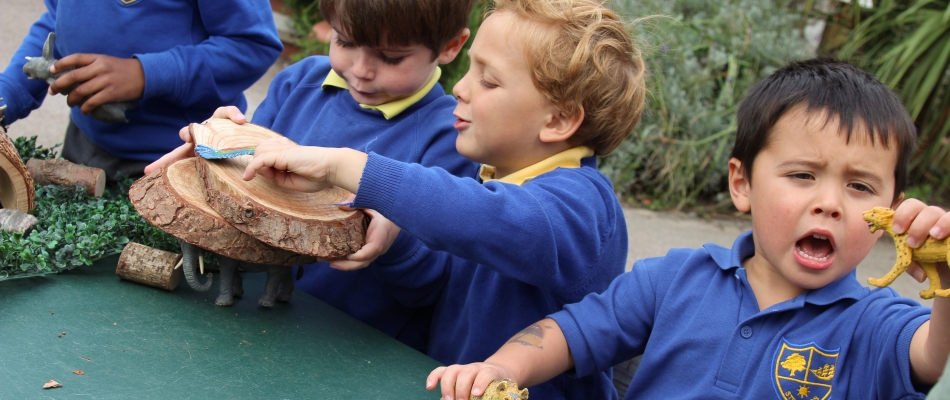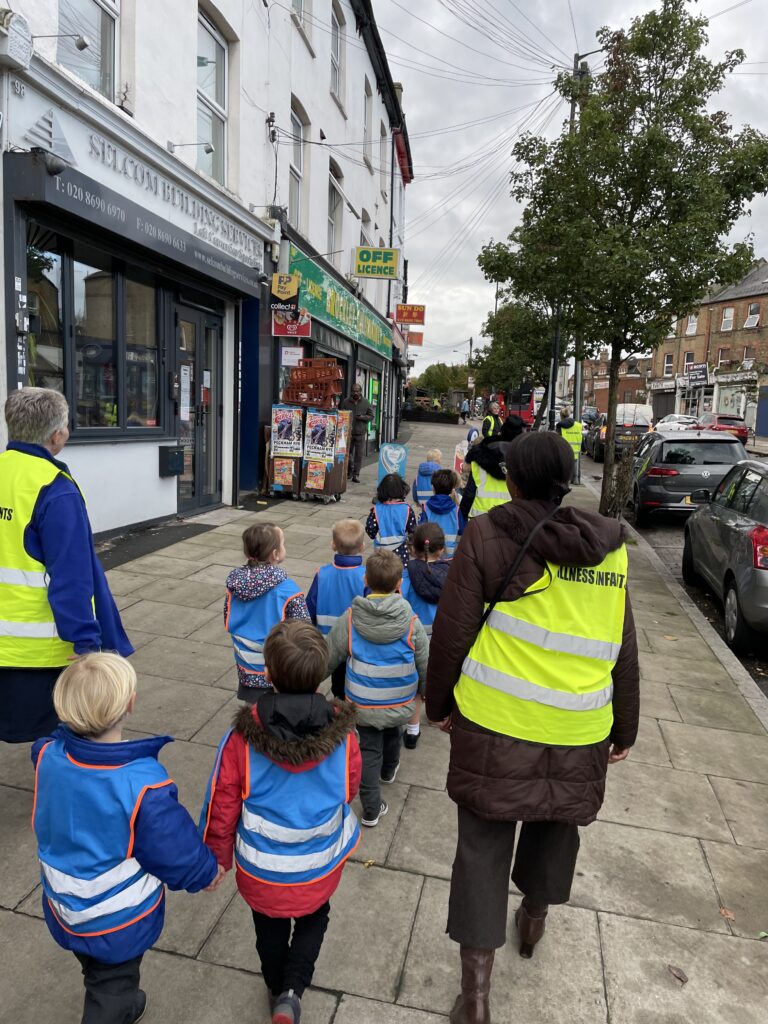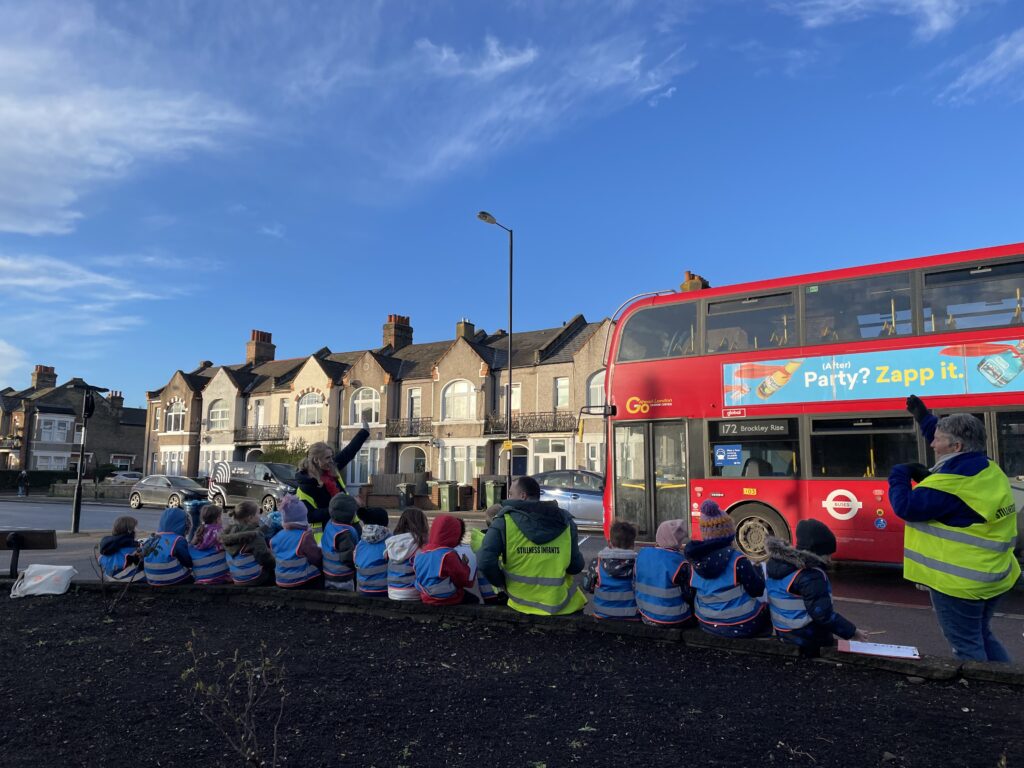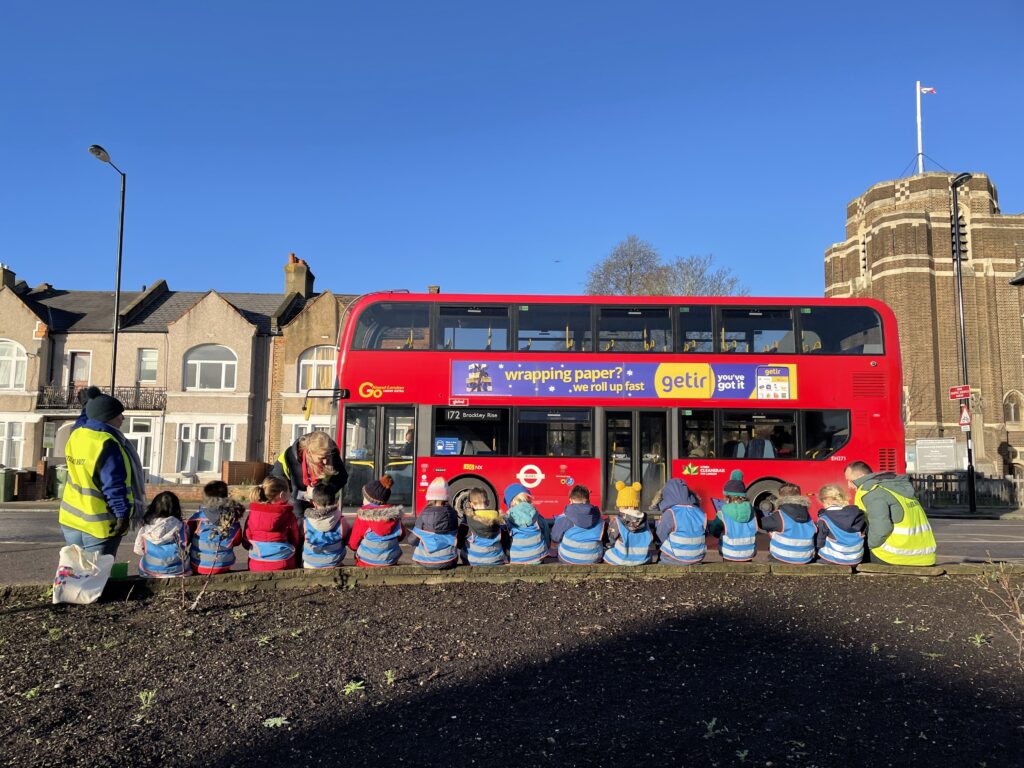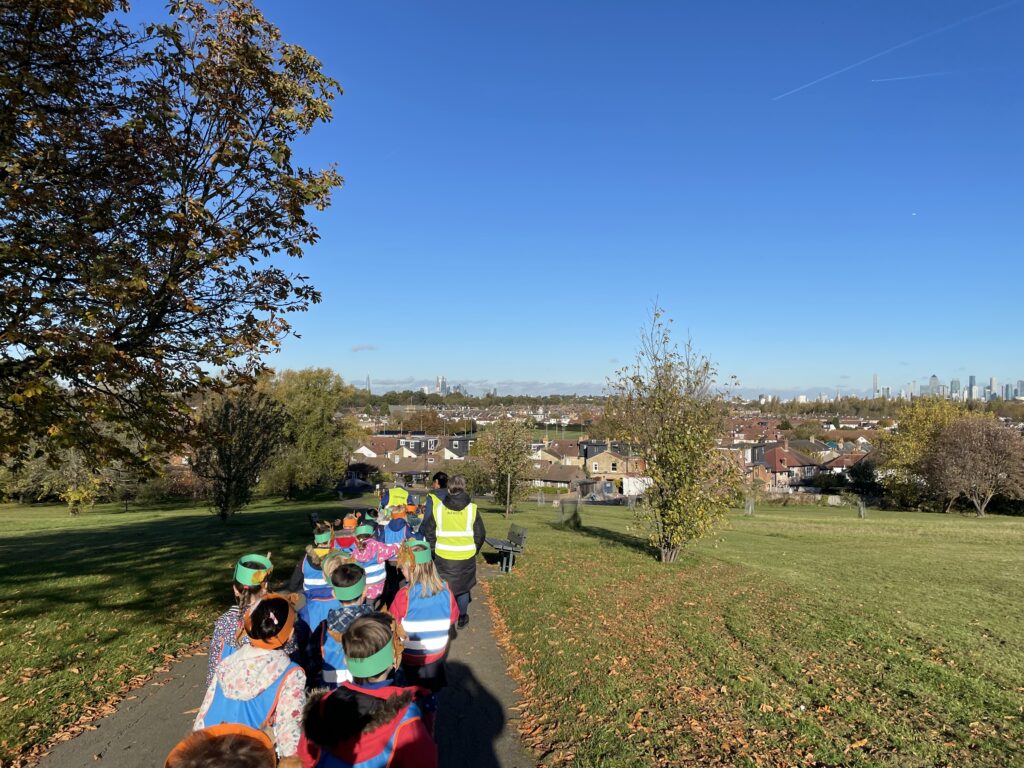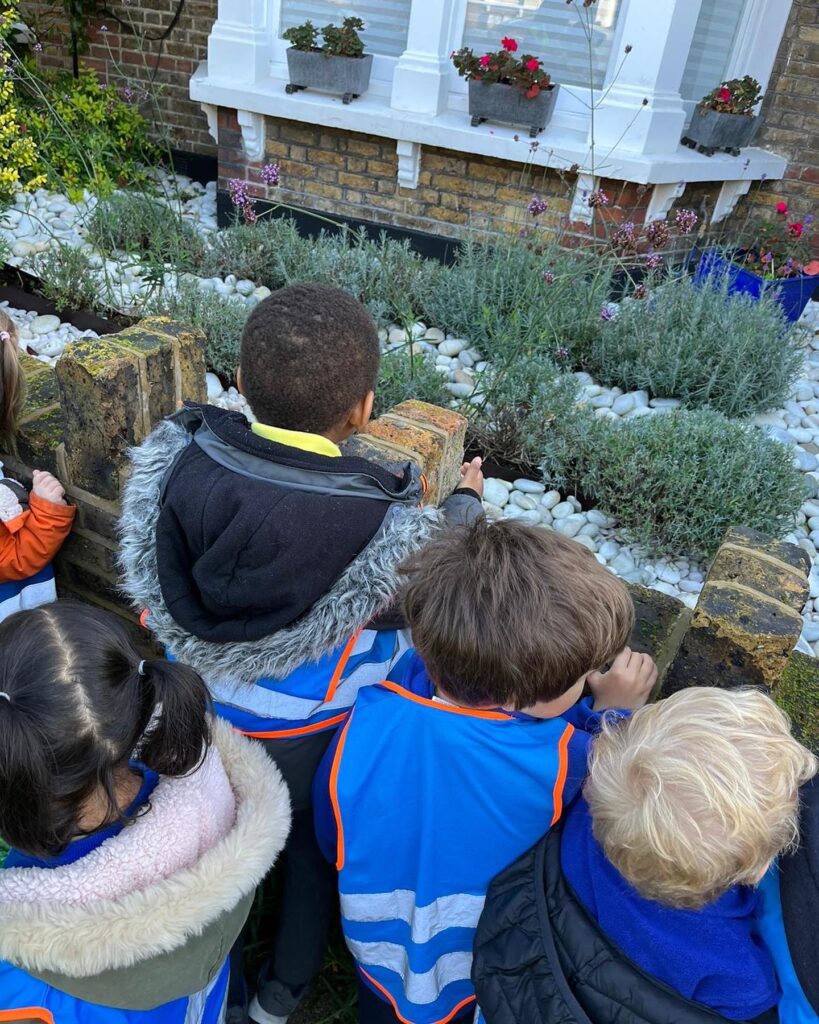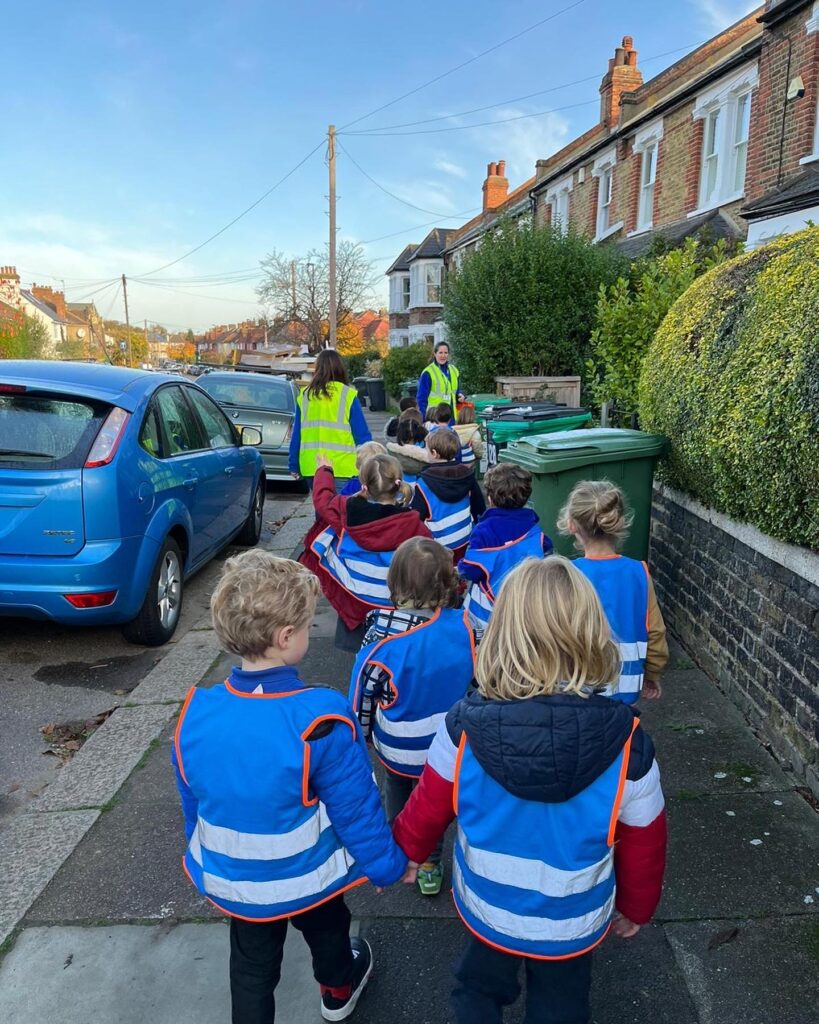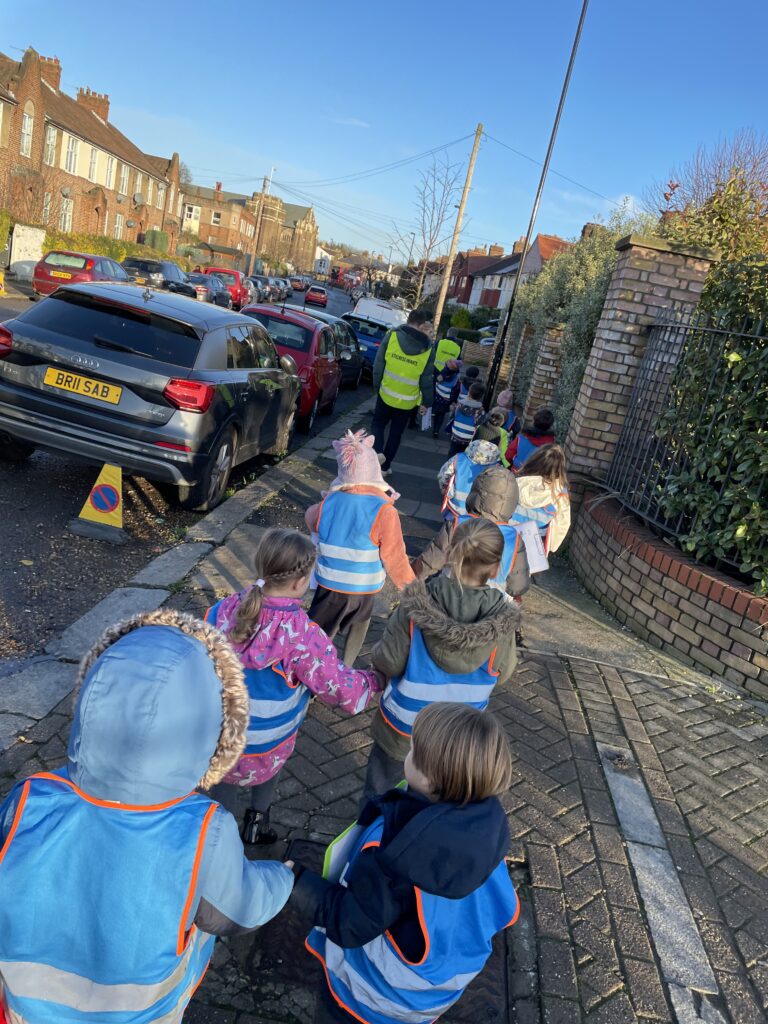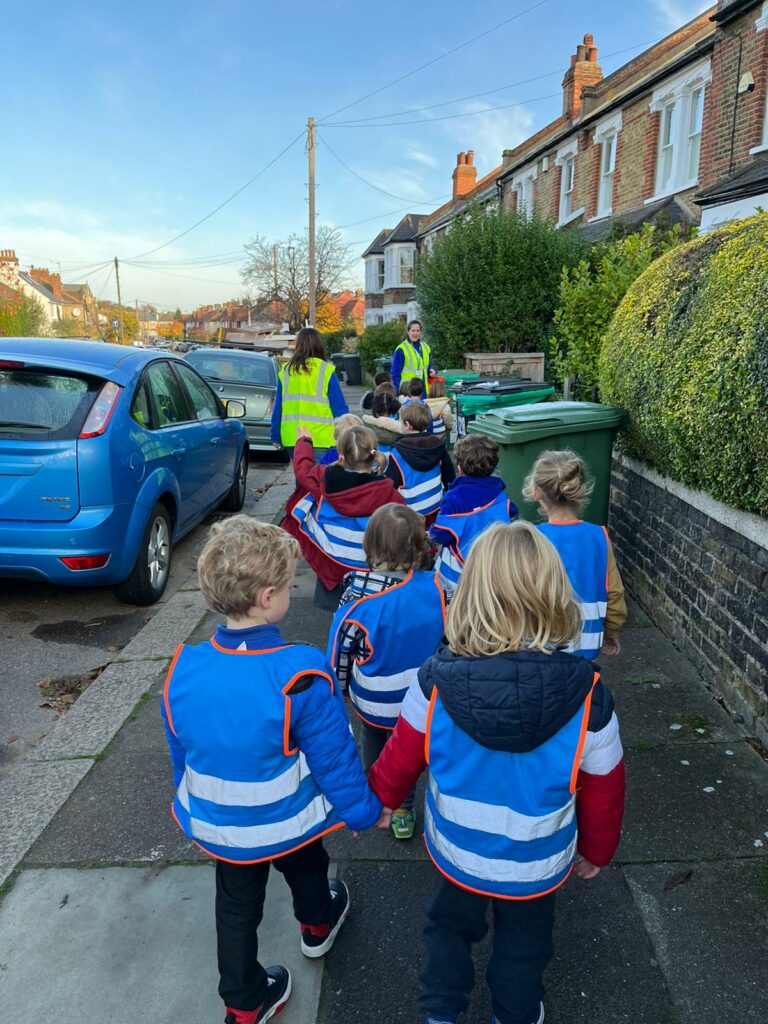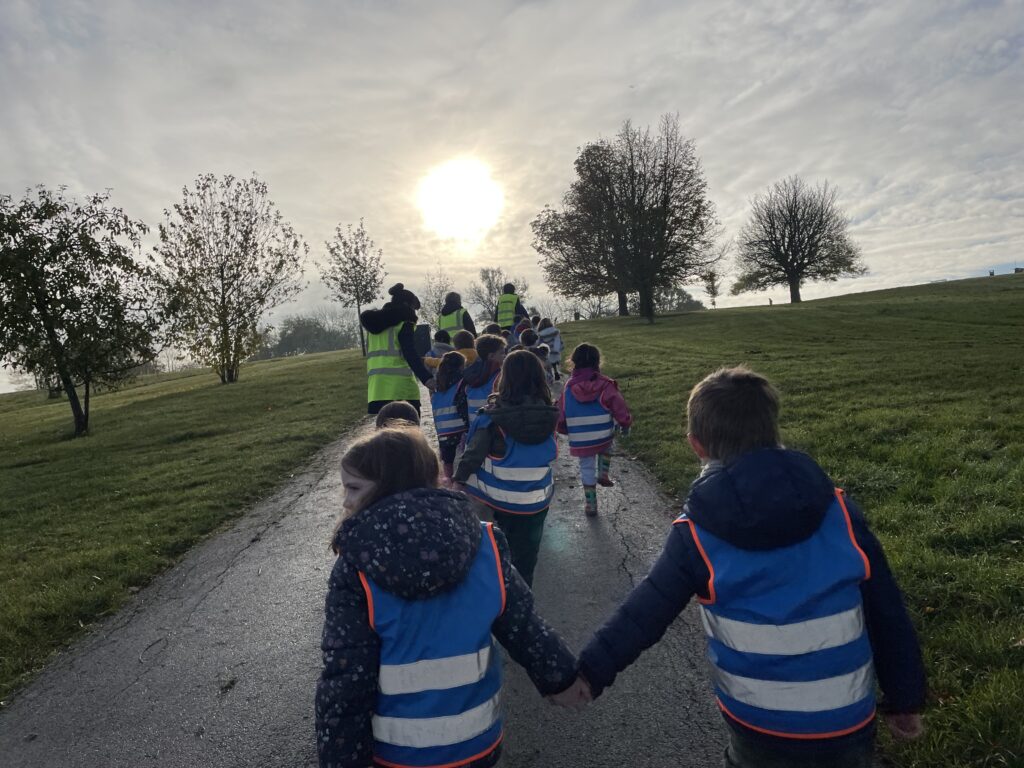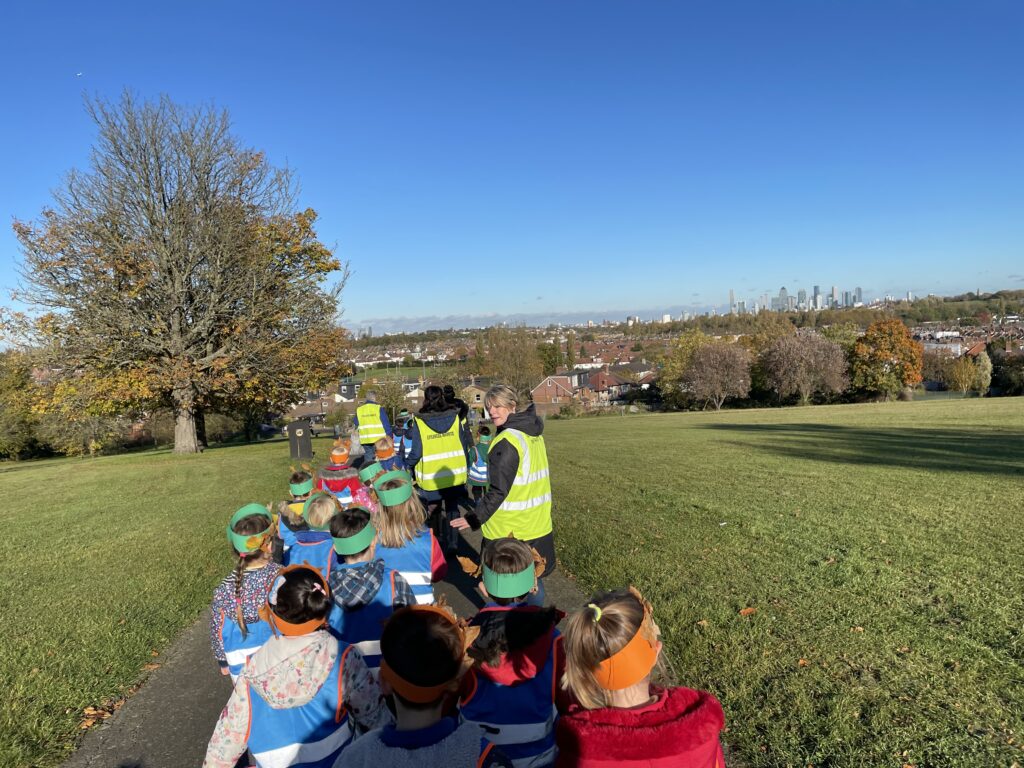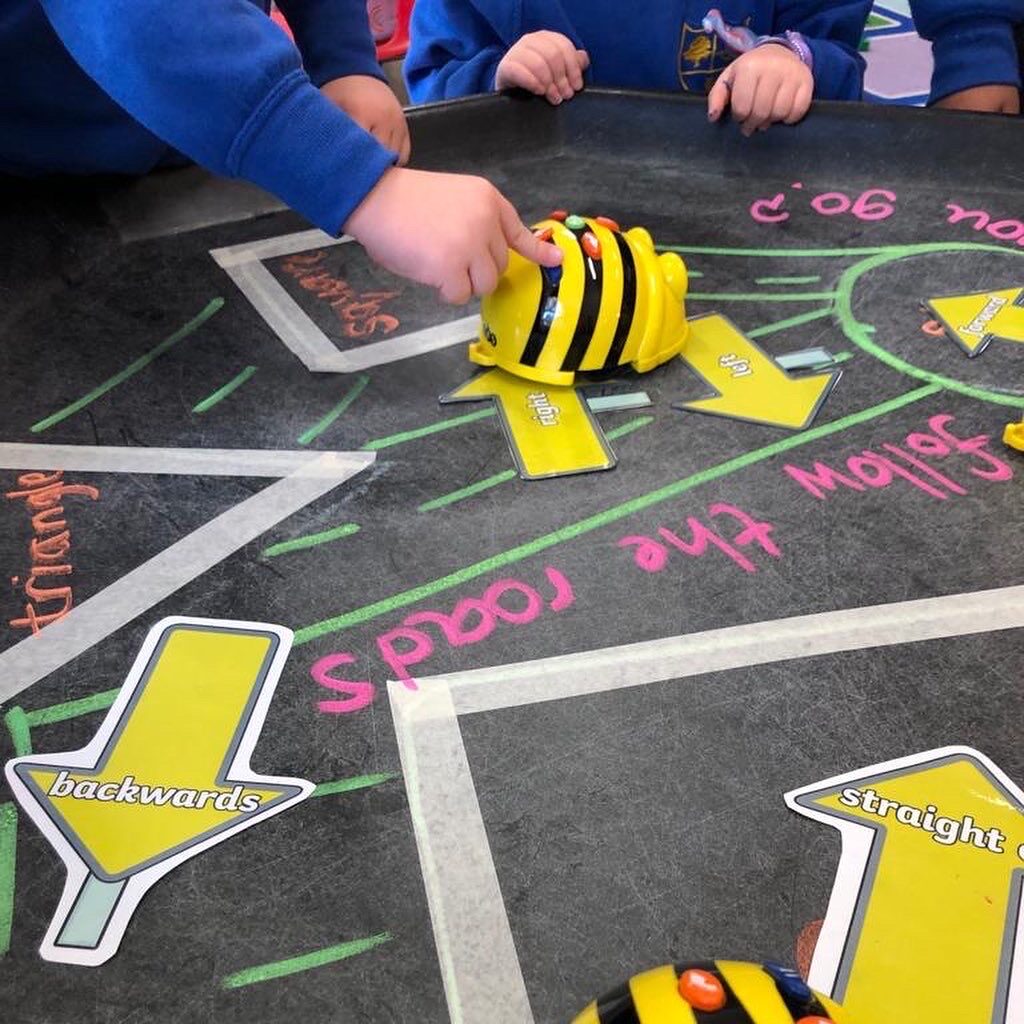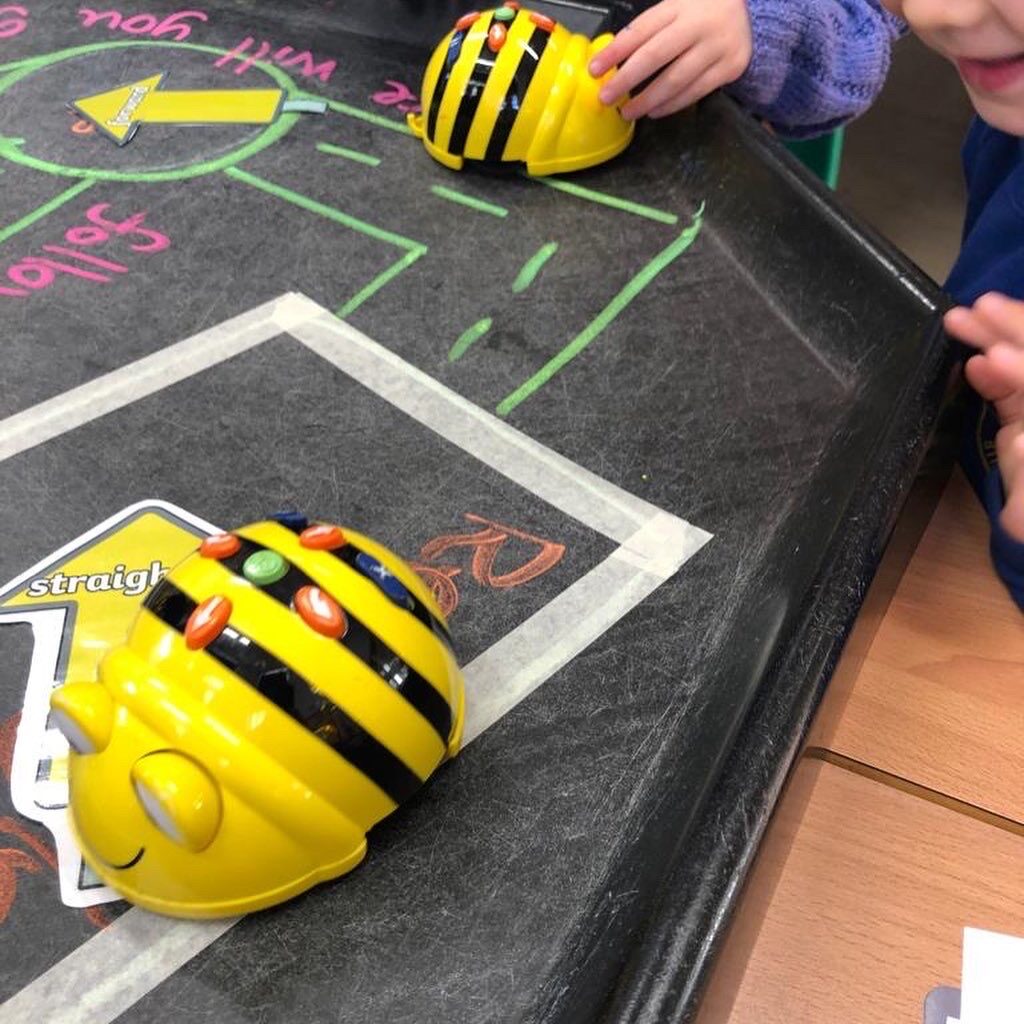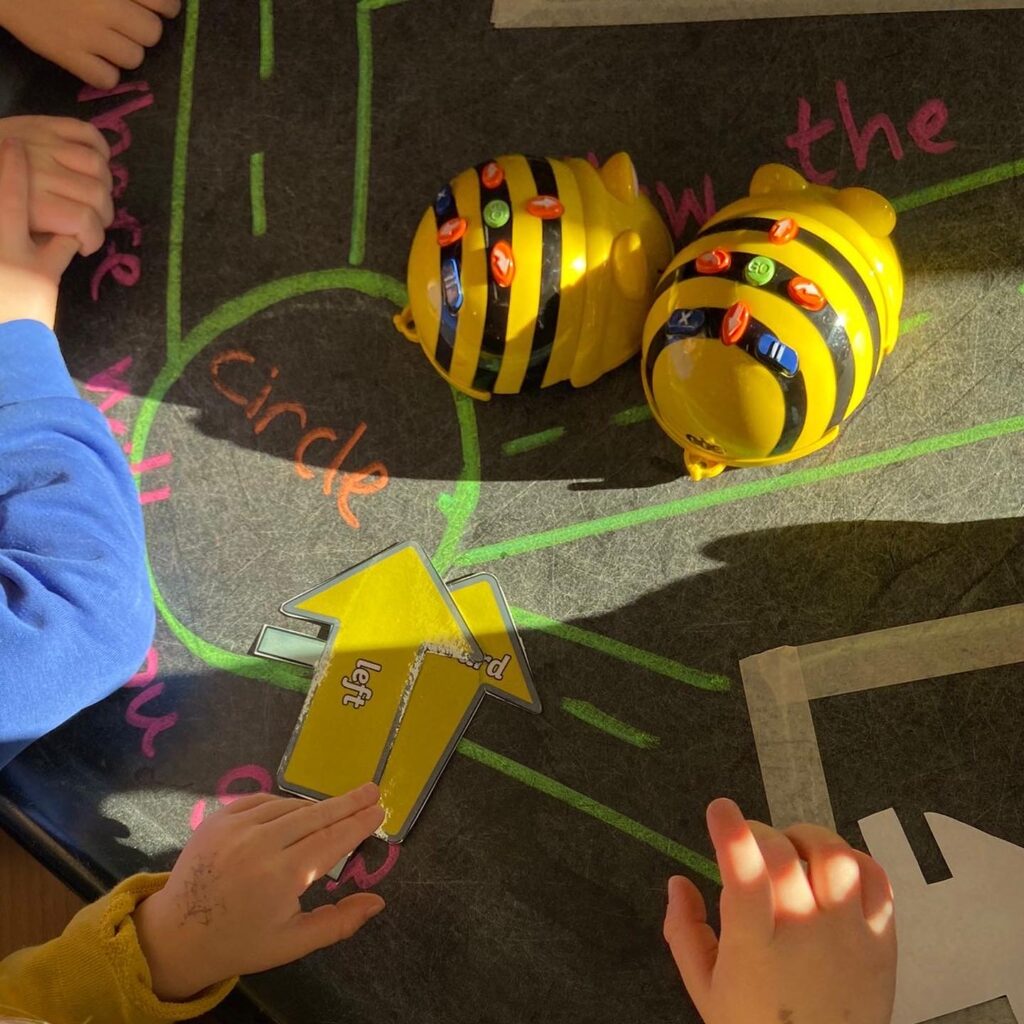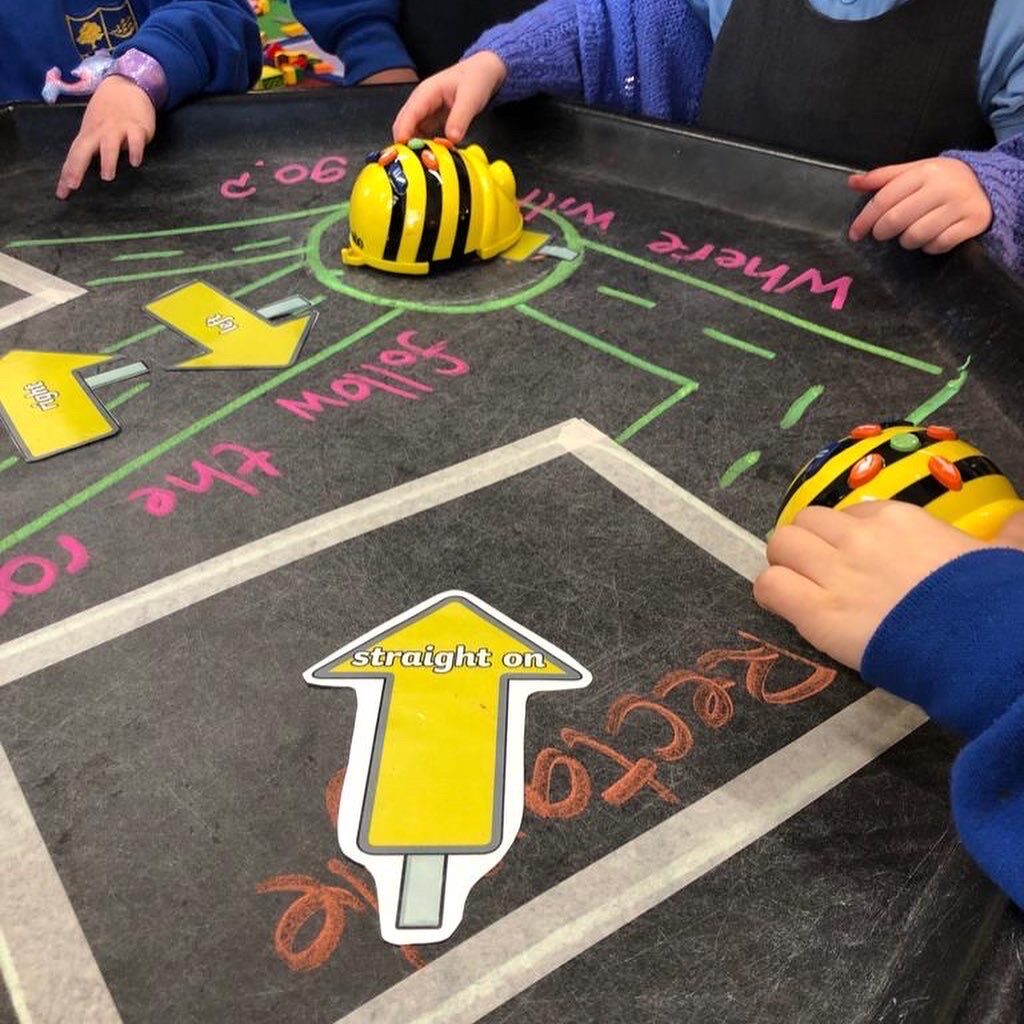Geography
Geography Curriculum Intent
At Stillness Infant school our geography curriculum inspires our children with a curiosity and fascination about the world and its people that will remain with them for the rest of their lives. We aim to produce well- rounded individuals, providing our children with opportunities to expand their cultural capital and experiences of the world.
- Our Geography curriculum is ambitious and inclusive, meeting the needs of all children, and giving them the knowledge and cultural capital they need to succeed in life. It is designed to enable disadvantaged children, and children with SEND or EAL to develop their geographical knowledge and skills, applying what they know and can do with increasing fluency and independence. Children will learn and revisit the importance of our world and how it should be treated through our Values and PHSE teaching.
- Our geography curriculum celebrates our diverse community. We involve our parents in sharing their traditions and culture, for example, when learning about the different countries in the UK, and further afield. We celebrate current world events to develop our children’s knowledge of the world, for example, creating an Olympic carnival or responding to a world disaster.
- We implement a geography curriculum that is progressive and sequenced, effectively building year on year. Key geographical knowledge and language, such as the name and location of the UK, continents, and oceans is revisited frequently, to make learning memorable, relevant and deepened. This enables the children to remember more, know more and understand more.
- The promotion of a language rich Geography curriculum is essential to the successful acquisition of knowledge and understanding in Geography. Our geography curriculum is designed to provide our children with the subject specific language they need to describe, question and discuss the world, as well as their place in it. Children are encouraged to debate topics that they feel passionate about, for example, deforestation or climate change.
- We maximise our proximity to central London with regular visits to enhance the children’s cultural capital. Outdoor learning opportunities including local visits and our Nature Explorers programme, ensure that children become more aware of their local environment through hands on experiences.
- Our high-quality geography topic libraries enhance the learning across our curriculum. Regular reading opportunities are prioritised to develop their knowledge and understanding about the world.
The Importance of Geography
Geography provokes and answers questions about the natural and human worlds, using different scales of enquiry to view them from different perspectives. It develops knowledge of places and environments throughout the world, an understanding of maps, and a range of investigative and problem-solving skills both inside and outside the classroom. In addition, geography helps shape thinking about the future.
Teachers are responsible for the implementation of geography effectively and to assist pupils to:
- Develop skills which enable them to develop their knowledge and understanding of places both locally and globally
- Undertake geographical enquiry both inside and outside the classroom through use of maps, aerial photographs and data gathering.
- Develop an understanding of the physical and human developments which enable us to make sense of a place
- Develop knowledge and understanding of environmental change and sustainable development
- Develop a sense of their own identity and place in their local environment as well as in the world.
Geography Curriculum Implementation
In the Early Years it is the first opportunity to see how a child interacts with their environment and how the environment influences them. Staff follow the Early Learning Goals (ELGs) which aim to guide children to make sense of their physical world and their community by allowing them to explore, observe and find out about people, places, technology and the environment – this is the first step to becoming a geographer.
In Reception and Year 1 children have opportunities to learn more about the world we live in and experience the beauty of nature through our own developed Nature Explorers programme. These outdoor sessions enable children to experience first-hand how geographers undertake fieldwork, allowing children to develop an awareness of place through talking about the features of their own immediate environment and how environments might vary from one another as well as spending time throughout the year asking questions such as: What season are we in? What changes have you noticed happen [from one season to another]?
Our topics underpin each subject area. This enables children to reinforce and build upon prior learning, make connections and develop subject specific vocabulary. Each term a new unit is taught it is signposted using a new topic cover in the child’s writing book with a unifying question.
The topic Knowledge Organisers guide teacher’s planning to ensure lessons are progressive and sequential and are vocabulary rich. The knowledge organisers support teachers’ planning to cover: key skills such as map making and data handling, locational and place knowledge and human and physical Geography. At the start of each lesson, teachers frequently draw upon the important content and vocabulary defined in the topic’s Knowledge Organisers to allow regular retrieval opportunities to embed subject knowledge. We provide varied lessons both in presentation and outcome to allow children to fully engage with the subject. Lessons can include: use of computers for data handling and use of Google Earth, explorative fieldwork through local walks, use of world maps and atlases and map making. Opportunities are given to all children regardless of race, gender, role or disability so that all children have a sense of understanding the world around them and learning how to make the world a better place to live in.
The children recognise how our school values affect the ways that we use and change the world around us and how they can use the school values to create an impact on making the world better, through respect, manners, community and curiosity.
In KS1 two members from each class are selected to be Eco Monitors. Our Eco Monitors are given opportunities to raise issues and ask questions that they themselves think are important and worthwhile and have opportunities to implement these in the school to create a positive impact for our immediate community and the wider world e.g. litter picking and planting seeds to support pollination and biodiversity.

